Leon Mike’s career as a full-time footballer ended at Aberdeen – but the former Dons striker is determined to channel his shattered dreams into supporting the next generation of hopefuls following in his footsteps.
Mike was just 21 in 2002 when he left his family and friends in Manchester for a new challenge in Scottish football with the Dons.
But only four years later the Englishman had made the decision to call time on his career and retire.
Mike’s appetite for the game he had played since the age of 12 had gone, as personal struggles and devastating family events hit hard.
So how did a promising young career which saw Mike represent his country at schoolboy and under-18 level end so early?
It’s a tale which started to unfold at Pittodrie 23 years ago…
Leon Mike stole team-mate’s thunder during Dons scouting trip
Mike moved to the Dons in February 2002 in a £50,000 transfer after catching the eye of manager Ebbe Skovdahl.
The Dane had travelled to England to watch another Manchester City player – former Scotland international Paul Dickov – but it was the performance of Mike which left a lasting impression on the Aberdeen boss.
It seems Skovdahl had a similar impact on Mike.
He said: “I played against Blackburn’s reserves, and it was me and Dickie up front.
“Apparently, the gaffer (Skovdahl) came to watch Dickie, but I had a very good game coming back from injury, scored a goal and the rest is history.
“To be fair, all the managers I played for were completely different anyway – I think Ebbe was probably the most eccentric, probably alongside Kevin Keegan.
“They were very eccentric characters, very much their own men.
“I wouldn’t have tagged either of them with being great man managers, but very tactically astute and the sessions were always great.”
‘The manager’s telling you not to go out in smoky atmospheres… while he’s sitting smoking Benson and Hedges’
Mike made a promising start by scoring on his debut in a 4-0 win against Dundee United.
But he was a young man in new surroundings and loving life in the Granite City – and his social life led to him being summoned to his manager’s office on a regular basis.
Mike said: “I went up there as a young single man and every Monday the club would get emails about me because I’d been out.
“I was single, I was up there on my own with no family, no friends, no missus. So I don’t know what they expected me to do.
“To be fair, when the manager’s telling you that you shouldn’t be out in smoky atmospheres while he’s sitting in front of you smoking a 20 box of Benson and Hedges…”
Mike’s time in Scotland lasted just 15 months – or 39 appearances and six goals under two Aberdeen managers to be exact.
But only 21 of those appearances came in the starting XI for the Dons.
Despite his fleeting time in the Granite City, Mike retains a fondness for the club and the city.
He said: “Oh, I’ve got great memories of Aberdeen – the city really took to me. I love the city.
“I haven’t been back up as much since, but I keep promising everyone I’m going to come back and see them.
“I had a great time in Aberdeen, made some really good friends.
“The likes of Derek Young really took me under his wing when I came in.
“I got on well with Phil McGuire and Russell Anderson, who was the captain at the time.
“There was a really good group of lads up there.”
Steve Paterson arrival heralded the beginning of the end at Aberdeen
Skovdahl’s resignation in November 2002 and the arrival of Steve Paterson at Pittodrie as the Dane’s successor marked the turning point of Mike’s Dons career.
There was no issue between the player and his new manager, but Paterson did not see Mike in his future plans.
The former Don tried to change his manager’s mind; however, the 2002-03 campaign would be his last as an Aberdeen player.
He said: “I had a really bad kidney infection when Steve came in.
“He basically said to me: ‘Look, Duncan Shearer and I are looking to bring in our own players.’
“They wanted their own strikers – and I think they had a couple in mind.
“I carried on training and during the winter break we had the mid-season break in Portugal in January.
“We went to Portugal, I trained really well and played really well in the games, and then he started to involve me back in the side again.
“I think I played two or three games, but I had one game when I remember so clearly.
“We had a corner, and the ball broke to the opposition. They broke up the pitch and they nearly scored.
“Afterwards, I thought to myself: ‘I had no desire to run back then.’
“That’s when I started to look at myself and reconsider what I wanted to do – I didn’t play much after that.”
Mike’s regret over Pittodrie vanishing act
By May 2003, Mike was on his way out of Pittodrie, and the manner of his departure remains a big regret.
The Englishman’s confidence was at rock bottom and he had little appetite to continue his football career.
He said: “I didn’t get to say goodbye to the lads at Pittodrie.
“I had to write a message on the board in the changing room and they weren’t happy – they let me know, to be fair.
“They were training and I had to get back down to Manchester.
“The way it all happened… it wasn’t very nice at all. I didn’t enjoy the way it ended and I do wish I could have given Aberdeen more.
“I don’t think Aberdeen saw anywhere near the best of me as a footballer.
“When I left I went back to Manchester in the summer and made the decision that I was staying in Manchester.
“My head was that gone. Afterwards I didn’t sort anything out – I didn’t go to any trials anywhere. I didn’t continue training!
“I just wanted to be left alone and I didn’t do anything.”
Mike’s struggles after football
It was time to try something different, and Mike’s post-Dons career was brief.
He eventually joined Mossley and played in the North West Counties Football League.
The attacker then joined FC United of Manchester in December 2005 – but a year later his career was over.
For Mike, post-football was a challenging time of his life of highs and lows.
He said: “Obviously, if all you’ve done is play football from the age of 12, and that’s all you ever wanted to be, you’re going to struggle to find something else.
“I did, I struggled for a while.
“I went on a couple of half-hearted trials.
“A friend of mine, Danny Webber, signed for Sheffield United. He said the gaffer remembered me and wanted me to come down and trial.
“But by that time, I just couldn’t get myself fit enough.
“So I ended up moving to Liverpool with my girlfriend and planned on starting a law degree. I went back to college. I did an access course to do a law degree, then we split up the next year.
“I stayed and finished the access course, deferred my place at Liverpool Uni for a year.
“And then the year after, I had my first child and my mum had her first stroke.
“Then, about six months later, my dad died – so it was a dark period.
“I dropped the law degree, stopped caring about anything.
“Weirdly enough, it was my kids who were the shining light at that time. I had my kids in my darkest period.”
Redundancy led to Mike’s football return
Mike was out of the game completely, but football wasn’t finished with him – far from it.
Various jobs – including an appearance as an extra in TV soap Coronation Street – brought a regular income, but something was missing.
However, losing one job would lead to Mike’s original passion being rekindled with the support of his family.
He said: “I did sales jobs, general office jobs and then, in 2013, I was made redundant from my job. And in all honesty, I was actually relieved at being let go!
“I remember going home and speaking to my family and saying ‘look, I don’t know what I want to do. I don’t know what I need to do.’
“Someone suggested: ‘Why don’t you go back to football? Why are you running from it?’
“So that was when I decided to go and do my badges. So I got my level two, got my UEFA B and it started from there.”
Mike eyes management role
Mike worked with the Dame Kelly Holmes Trust as an athlete mentor and regional manager for the Quinton Fortune Football Academy before returning to football as an academy coach at Oldham Athletic in 2019.
He remains in the game as co-manager of Bury’s under-23 side and is eager to add to his managerial experience.
Mike, now 43, said: “I’m at Bury, but I’m also looking to get a job in non-league and see what I can do with a team at that level as well.
“I still do my day jobs – I work in a young people’s care home and do some delivery driving. But I’ve still got the football there with me.
“Funnily enough, when I started my coaching badges, the aim was to be a coach.
“But as the years have gone by, it’s been 10 years now, I’m probably leaning more towards management.
“It’s very much two different roles. I can have input as the manager in the coaching, but I don’t just want to be a coach.”
‘My experience in football is unique’
Whatever the future holds, it is clear not only has his love of football been rekindled, but Mike believes his “unique” experience in football gives him different perspective.
He wants to put that to good use by guiding young players making their way through the game.
He said: “I feel like I know where players want to be. Knowing that you’ve been in the position that they’ve been in, you’re able to give them sound advice.
“But sometimes you’re not able to give them advice at all. They’ve got to make the decision themselves – but again, I’ve got to make them aware of that.
“My experience in football is unique, as everybody else’s is. I use that to my advantage.
“I worked under some great managers, under some great coaches.
“You know, even Teddy Scott – the kitman at Aberdeen – he gave me some great snippets while I was there.
“He was an absolute top man. Some of the gems he gave me in terms of philosophy I’ve carried those with me for 22 years.
“I took stock of my time in football, and I’m trying to use that to forge my own little path in management.”
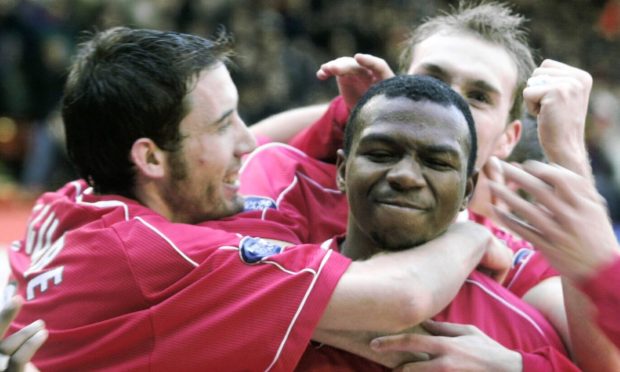
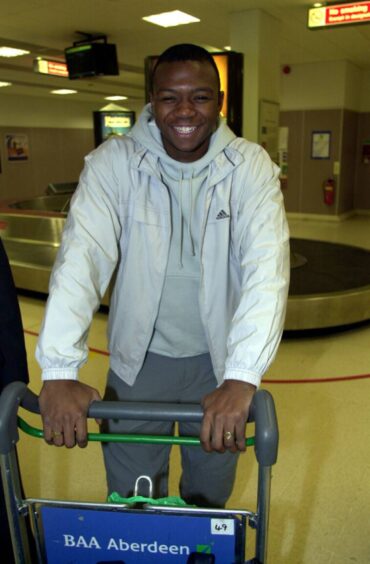
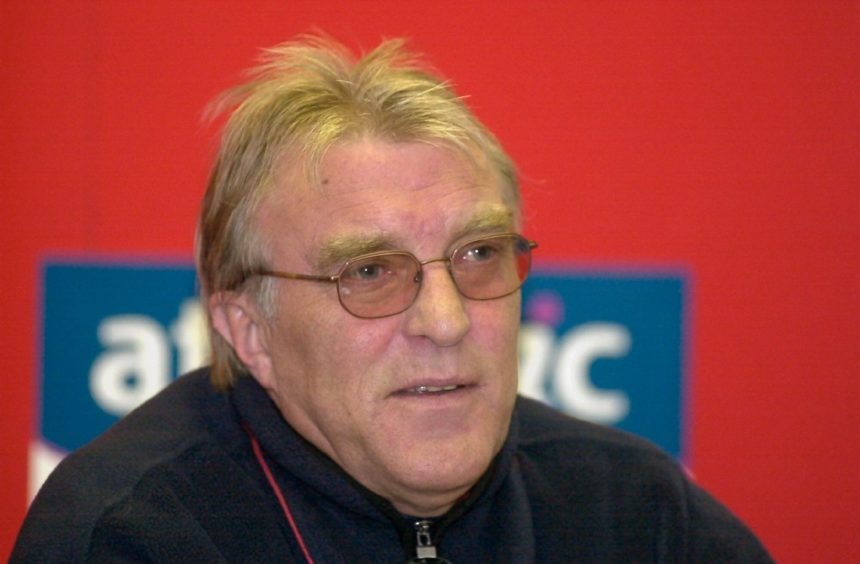
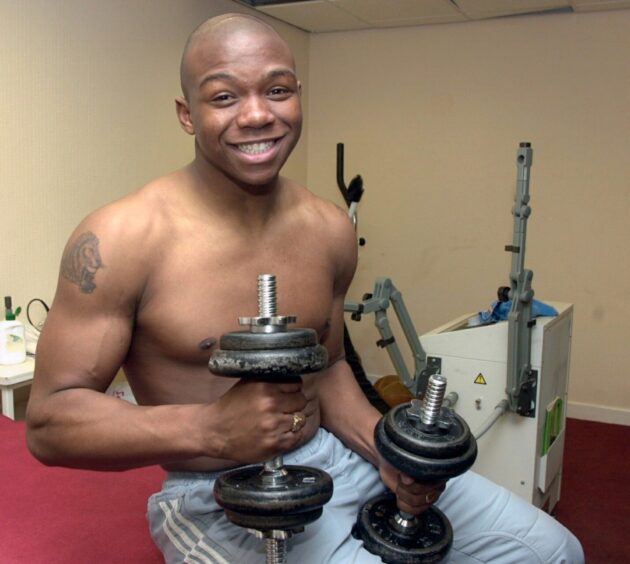
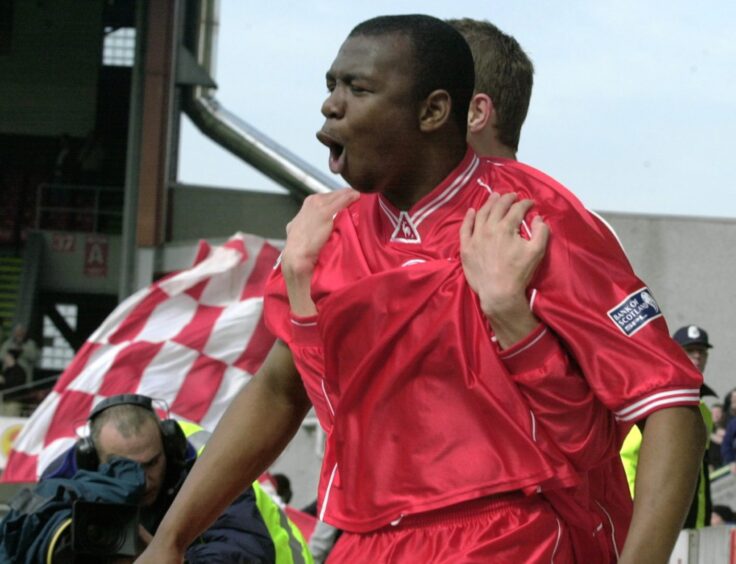
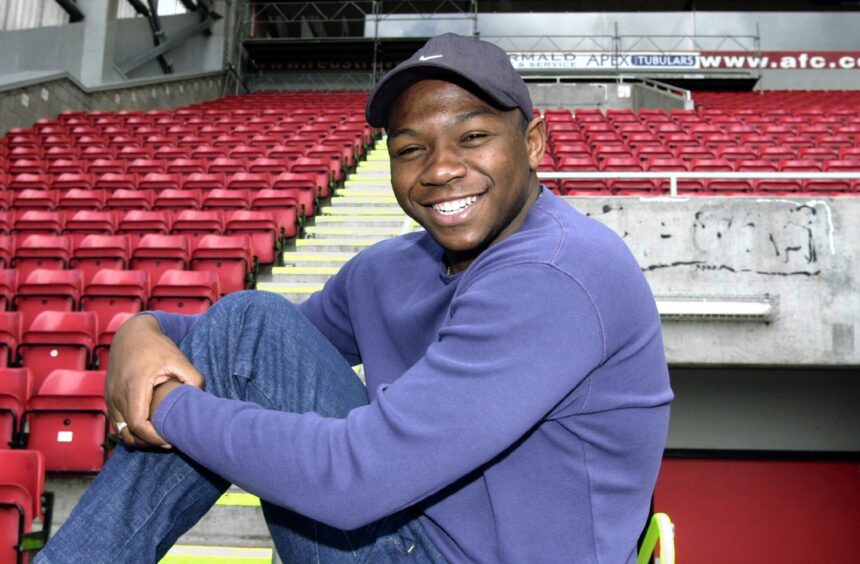
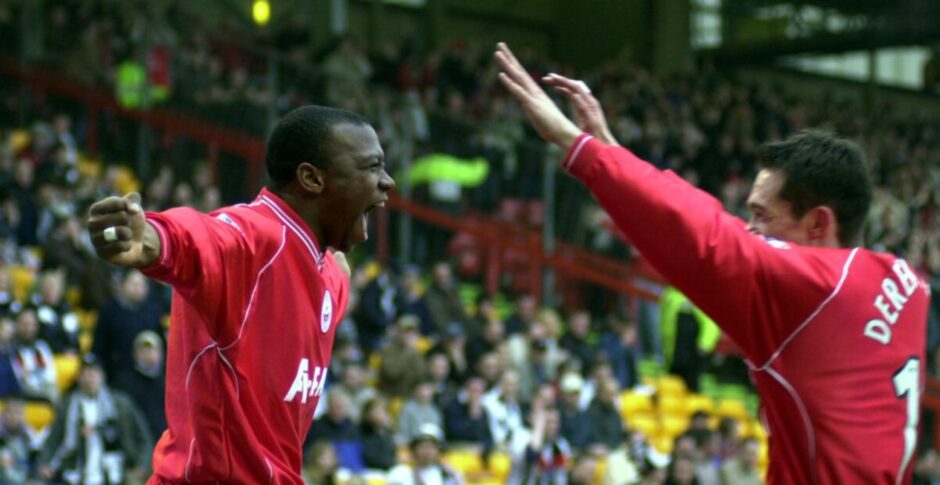
Conversation